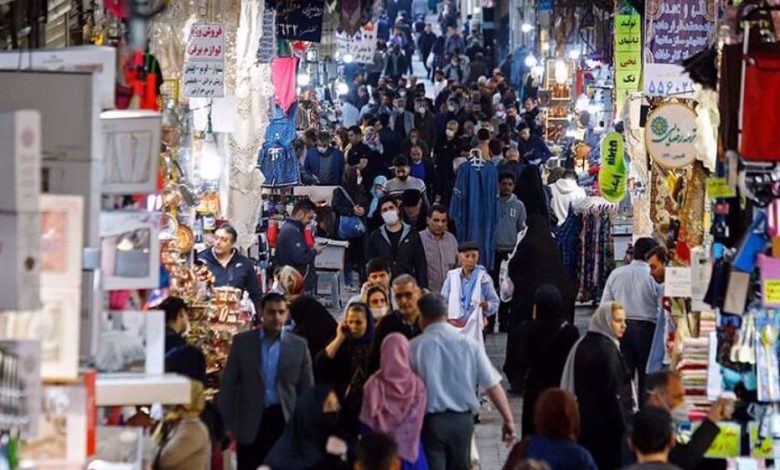
A weekly newspaper says Iran’s economy was hurt badly by sanctions in recent years, but it did not collapse due to its resilient nature caused by export diversification, import substitution and flourishing stockmarket, among other strength factors.
The Economist reported on Saturday that over the past decade, the Iranian economy suffered recessions, devaluations and chronic inflation under the pressure of worldwide sanctions, which targeted the country’s oil exports and banks and froze its foreign assets.
However, it added, the economy did not crash because Iran’s manufacturers remained resilient while many firms survived and prospered.
The newspaper also referred to the willingness of some privately owned refiners to take the risk of sanctions-busting in exchange for a hefty oil price discount.
“There are three explanations for Iran’s resilience. First, though sanctions have been extensive and assiduously policed, they are subject to leakage. Iran has been able to export several hundred thousand barrels of oil a day. Much of it ends up in China, marked as oil from Malaysia, Oman or the United Arab Emirates (UAE),” it said.
“A second source of resilience is export diversification. Iran has a range of manufacturing industries. Some of the bigger ones, such as mining and metal-bashing, benefit from access to cheap, reliable energy. In addition Iran has land borders with several populous countries, including Pakistan and Turkey. A chunk of Iran’s land-based trade is undocumented and thus hard to police.”
The weekly further highlighted the role of Iranian manufacturers in thwarting the illegal sanctions and maintaining the country’s self-sufficiency.
“A third factor is import substitution. The weaker rial has put imported goods beyond the reach of many Iranians. But it has been a boon for manufacturers serving the home market of 83m,” it said.
“Iran’s stockmarket reflects this resilient economy. Some of the larger firms are on the sanctions list, but hundreds of smaller ones are not. Stocks have proved a good hedge against devaluation and inflation. Many locals have noticed this. The market exploded in 2020 as retail investors piled in. That mini-bubble has since burst.”
In May 2018, Washington left the 2015 Iran nuclear deal, officially called the Joint Comprehensive Plan of Action (JCPOA), and began to implement what it called the “maximum pressure” campaign of sanctions against the Islamic Republic.
The US withdrawal deprived Iran of the economic benefits of the agreement, including the removal of sanctions, for which the country had agreed to certain caps on its nuclear activities.
In the meantime, the other parties to the deal, in particular France, Britain and Germany, only paid lip service to safeguarding Iran’s economic dividends as promised under the JCPOA, prompting Tehran– after an entire year of “strategic patience” – to reduce its nuclear obligations in a legal move under the deal.
Iran has repeatedly denounced the sanctions, preserved under the Joe Biden administration, as an act of “economic war” and “economic terrorism”.
It has tried to create mechanisms to neutralize sanctions it is facing in parallel with efforts to secure a removal of the inhumane restrictions.







